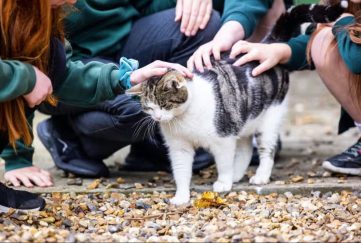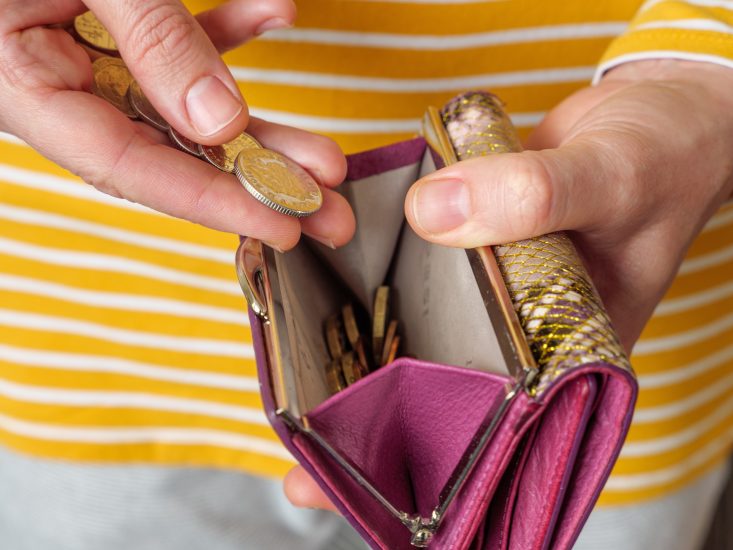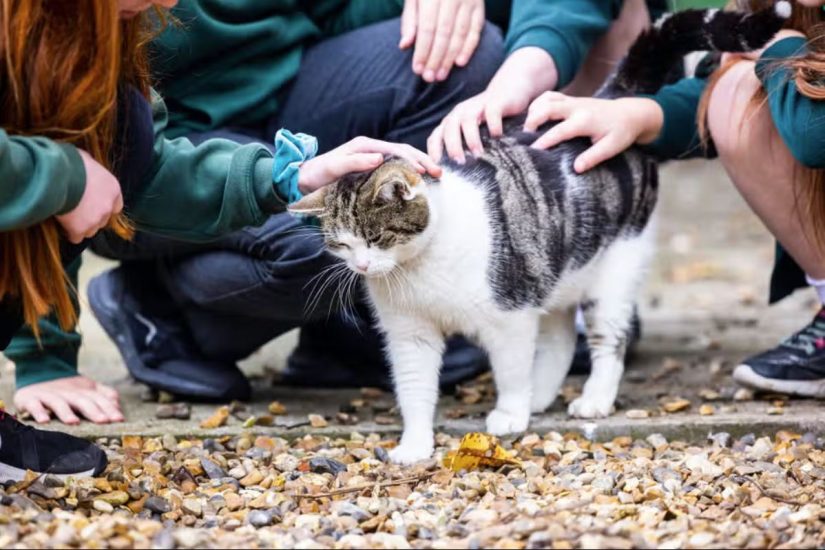Lockdown Your Chocolate Away From Pilfering Paws!

Looking forward to indulging in Easter chocolate?
You might not be alone!
Pets — well, dogs, really — adore chocolate. Unfortunately for them, the feeling is not mutual.
If they get their paws on unguarded Easter eggs or similar treats, they could become really ill. With the lockdown to minimise coronavirus risks continuing, it is more important than ever to prevent the need for an emergency trip to the vets, where possible.
The British Veterinary Association (BVA) has issue advice for all pet owners for over the Easter weekend.
Temptation
Vets usually see a spike in chocolate toxicity cases over festive periods such as Easter and Christmas. There is an even greater risk right now, with pets spending more time indoors due to the lockdown.
Findings from the BVA’s “Voice Of The Veterinary Profession” survey reveal that eight in ten vets (80%) working in companion animal practice saw at least one case of chocolate poisoning over the twelve months leading up to Easter last year.
More than half (54%) of the vets had seen three or more cases in this period.
Toxic treats
Chocolate contains theobromine, a chemical naturally found in cocoa beans.
Dogs metabolise theobromine much more slowly than humans, so even a tiny amount of chocolate can result in toxic levels — especially for smaller dogs and puppies.
Cats can also fall sick from eating chocolate, but they are much less inclined to sniff out and eat sweet treats than their canine counterparts.
Raisins and sultanas, found in hot cross buns and simnel cakes, can also be dangerous for dogs and cats if ingested.
Safety first
“While families prepare to celebrate Easter during the Covid-19 lockdown, it’s important to remember to keep any chocolate treats well away from pets to avoid an emergency trip to the vet,” BVA President Daniella Dos Santos said.
“This is especially vital at a time when strict social distancing measures mean vets are only able to see emergency cases. They may also have smaller teams working in the practice as they try to do everything they can to look after pets while protecting clients and themselves.
“If you suspect that your dog has eaten chocolate, don’t delay in calling your vet first for advice on bringing it into the practice.
“The quicker the animal gets expert veterinary advice and treatment, the better.
“Your vet will want to know how much chocolate your dog has eaten and what type. If possible, keep any labels and have the weight of the dog to hand.”
Chocolate toxicity
Recognising the signs of chocolate toxicity and promptly seeking veterinary care is vital.
Dogs will usually start showing signs within 12 hours, but symptoms can last for up to three days.
Initially, pets are likely to experience excessive thirst, vomiting, diarrhoea and restlessness. They can then become hyperactive, and develop tremors, an abnormal heart rate, hyperthermia and rapid breathing.
Severe cases may result in fits and heartbeat irregularities, and even coma and death.
If you notice these symptoms in your dog and suspect chocolate ingestion, seek veterinary advice as soon as possible.
For more information on pets and toxic substances, download the Animal Welfare Foundation’s free “Pets and Poisons” leaflet.
Click here to read more about pets and “The People’s Friend”.










